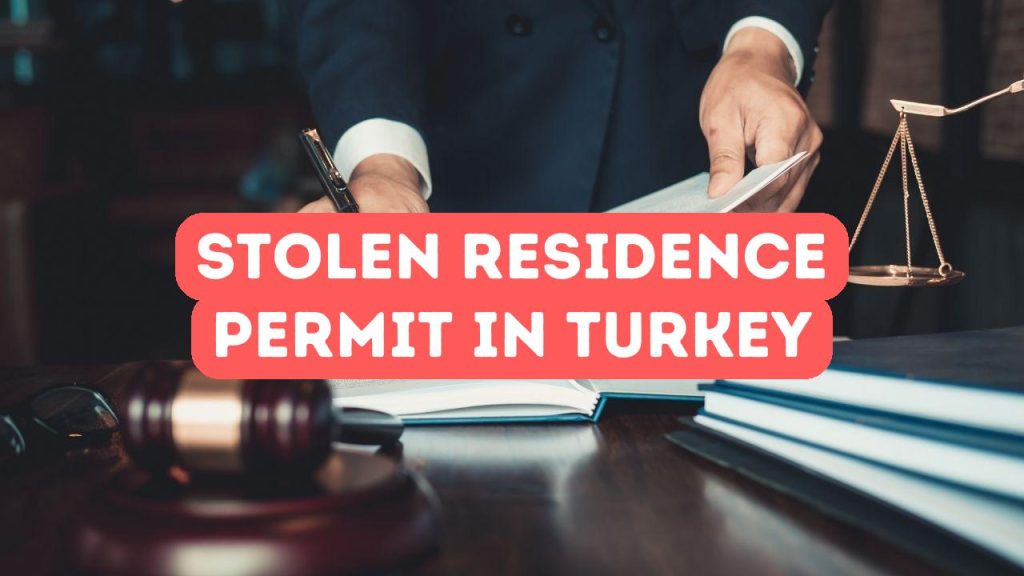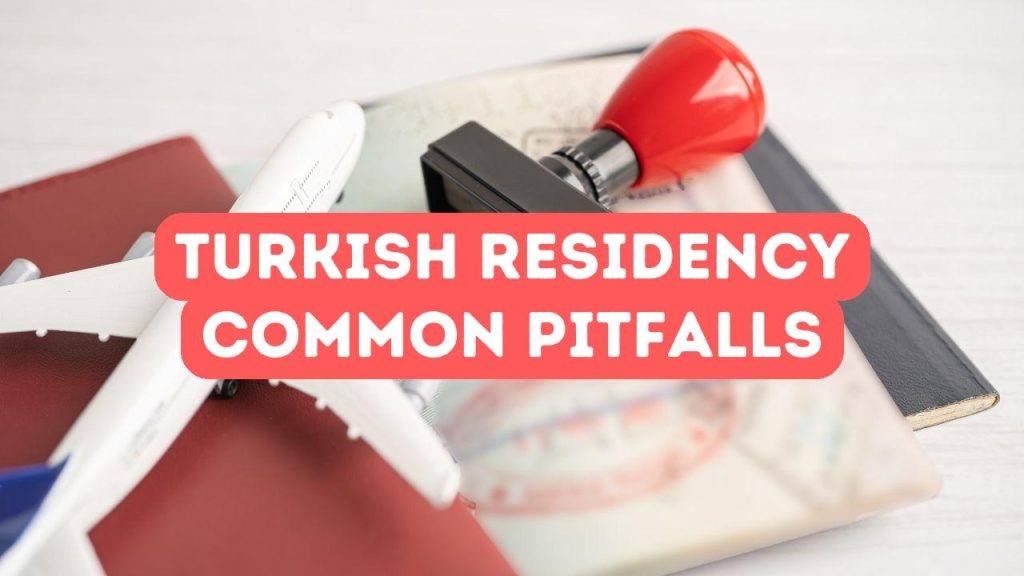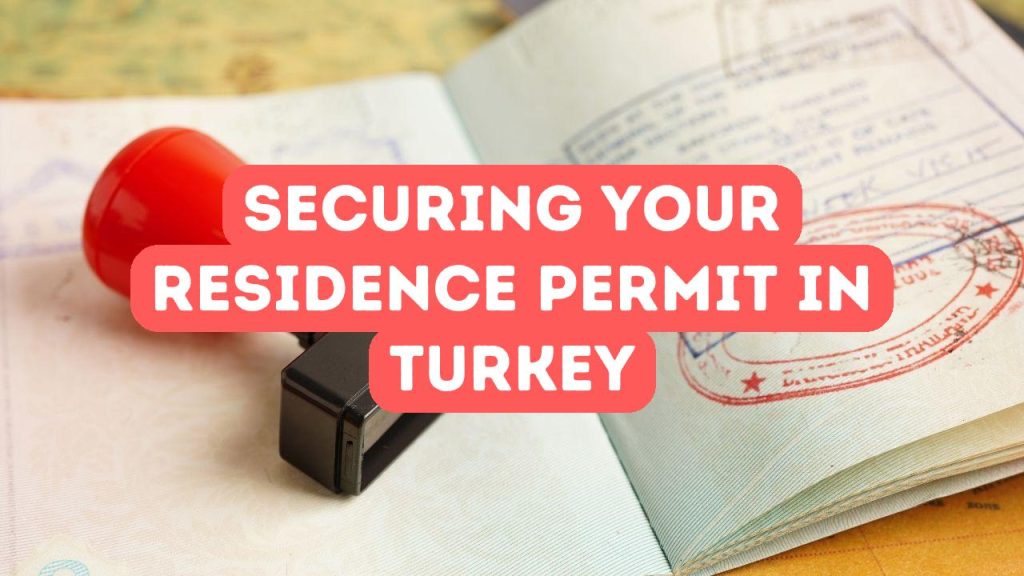Securing Your Identity After Theft
Once you have reported the theft of your residence permit to the authorities, it’s imperative to take additional steps to secure your identity. Begin by contacting your bank and credit card companies to alert them of the situation; this will allow them to monitor your accounts for any fraudulent activity and implement extra security measures if needed. It is also wise to check with credit reporting agencies to put a fraud alert on your profile, which advises creditors to take extra steps to verify your identity before opening new accounts or making changes to your existing accounts. In the event that your residence permit number has been used maliciously, these measures provide a safety net, reducing the risk of further exploitation of your personal information and financial resources.
In tandem with notifying financial institutions, ensure you change all online passwords, especially for accounts that contain sensitive personal information or are connected to your financial details. Cybersecurity must be treated with utmost priority; consider using a password manager if you’re not already doing so. Equally, it’s important to review and update your privacy settings on social networks and online platforms where you share personal details. These digital footprints can often be overlooked, yet they provide substantial information that can be exploited by identity thieves. Vigilance in monitoring your online presence can add an additional layer of protection, helping to thwart any attempts to use your stolen identity for unauthorized purposes.
Building on a foundation of notifications and cybersecurity measures, the final stride in securing your identity involves consistent vigilance over time. Regularly review bank statements, credit reports, and even postal mail for unauthorized transactions or changes in your accounts that could indicate misuse of your identity. Be proactive by keeping detailed records of all correspondence and actions taken since the theft—these logs can be indispensable in disputed transactions or legal matters related to the theft. Continuous awareness and a robust reporting system for any suspicious activity ensure a fortified defense against the long-term risks associated with stolen identity documents, safeguarding your legal standing and peace of mind.
Navigating Bureaucracy: Reissuing Your Residence Permit
Upon confirming the theft of your residence permit with the authorities, swiftly pivot your attention towards the intricate web of bureaucracy for the reissuance of your documentation. First and foremost, contact the immigration office that issued your original permit. It is imperative to apprise them of the situation without delay, as they can immediately instigate a cancellation process to prevent misuse. Prepare to present any identification you have remaining, along with the theft report from the police, as these will be foundational to your case. Most immigration offices require a formal application for the reissue, often necessitating the completion of detailed forms and potentially an in-person appointment. As timelines can vary widely based on jurisdiction, inquire about expedited options to minimize the disruption to your legal residency status. Be prepared for fees or charges associated with the replacement, and consider requesting written confirmation of the theft report’s acceptance by the immigration authorities, which may serve as a temporary proof of your efforts to rectify the situation.
Upon completion of the initial report and application for reissuance, maintain vigilant communication with the immigration office as you navigate through the subsequent steps. Be proactive in gathering any additional documentation that may support your application—this can include proof of residence, employment records, or character references that substantiate your identity and continued eligibility for residency. During this period, check in regularly with the office to monitor the progress of your application and respond promptly to any requests for further information or clarification. If language barriers present a challenge, seek assistance from legal professionals or community organizations well-versed in immigration matters. Keeping a detailed log of all interactions, including dates, names, and summaries of conversations, can prove invaluable should you encounter delays or need to escalate your case. Remember, persistence is key; bureaucracy can be slow-moving, and having a clear record of your diligent follow-up efforts may expedite the process.
As the reissuance of your residence permit reaches its final stages, it’s crucial to prepare for any in-person interviews or appointments that may be required. Dress professionally and bring all pertinent documentation, staying poised to articulate your situation and your urgency clearly if given the opportunity. Throughout this time, it’s advisable to remain in close contact with your embassy or consulate; their advocacy can sometimes help in expediting the reissuance process. Once your new permit is in hand, take immediate steps to safeguard it: update or create digital copies for secure storage, and consider additional protective measures recommended by legal professionals. Although the journey through the maze of bureaucracy may be arduous and stress-inducing, the successful reacquisition of your permit will reinstate your peace of mind and legal standing within your host country.
Legal Remedies and Preventive Measures
Upon discovering that your residence permit is stolen, one of the first legal remedies is to file a detailed police report, providing any evidence or information that could assist in the investigation. This official record not only serves to alert law enforcement to the crime but also acts as a crucial piece of evidence when dealing with immigration authorities and financial institutions. It validates the occurrence of the theft and can be indispensable when preempting potential identity fraud. As a preventive measure, it is advisable to immediately notify your bank and credit agencies to monitor for suspicious activity and initiate a fraud alert if necessary. In parallel, revisiting and enhancing personal data security protocols is imperative to reduce the likelihood of future vulnerabilities. This could include updating online passwords, securing physical documents, and considering identity theft protection services to provide ongoing monitoring and swift response to any indications of misuse of your stolen documents.
In conjunction with contacting financial institutions, it’s essential to reach out to the immigration bureau and your embassy to report the loss of your residence permit. Prompt notification is key to speeding up the replacement process and minimizing the risk of unauthorized use. The immigration authorities may issue a temporary document or stamp in your passport to prove your legal status while they process a new permit. Be prepared to provide identificatory documents, proof of residency, and potentially attend an in-person interview. It’s also advisable to consult a legal expert who specializes in immigration matters to ensure you’re navigating the process correctly and to understand any ramifications on your current status. As a preventative tactic, make photocopies or digital copies of your permit and other sensitive documents to aid in establishing your identity and speeding up the replacement procedure in the event of theft or loss.
Vigilantly updating your contact information with immigration services, the local police, and your embassy cannot be overstated, as it ensures you can receive updates or inquiries pertinent to your case. As an ongoing preventive strategy, remain judiciously aware of your surroundings and the security of your personal items, especially in public or crowded areas. Strengthen your resilience against such incidents by engaging in community support groups for expatriates where experiences and best practices can be shared. Furthermore, review and possibly enhance renter’s or homeowner’s insurance policies to encompass the loss of important documents, providing an additional layer of financial security. In essence, safeguarding your documents extends beyond mere physical protection; it encompasses an active and informed approach to personal and legal well-being in your host country.






